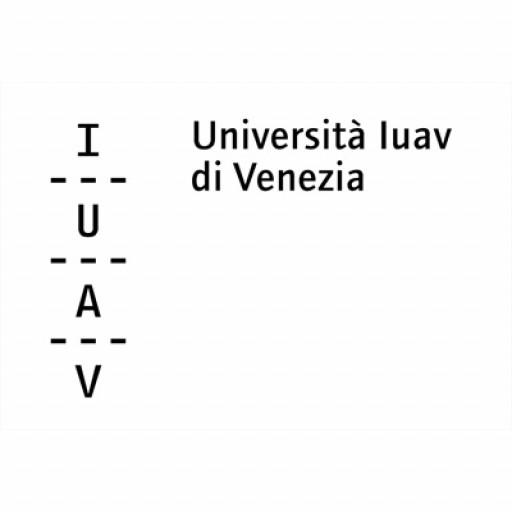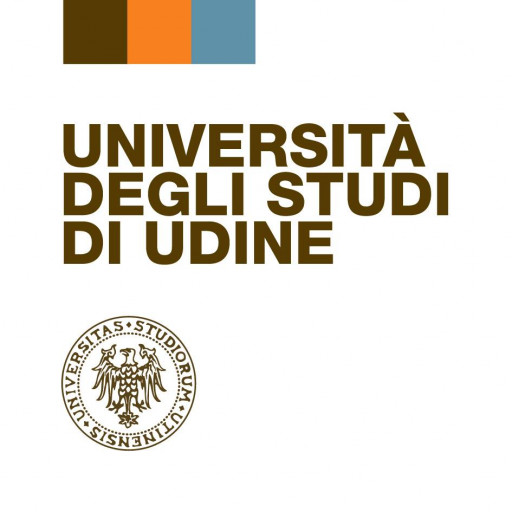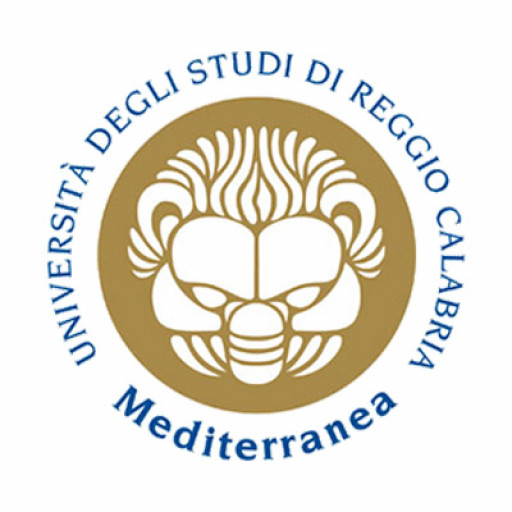Photos of university / #uclanuni
The Bachelor of Arts (Hons) in Architecture at the University of Central Lancashire offers students a comprehensive and dynamic education in the field of architectural design, theory, technology, and practice. This innovative programme is designed to equip students with the essential skills and knowledge needed to succeed in the competitive world of architecture, emphasizing both creative design and technical proficiency. Over the course of the programme, students engage with a wide range of modules that cover architectural history, sustainable design, urban planning, construction technology, and professional practice, providing a well-rounded understanding of the discipline. The curriculum balances practical studio work with theoretical studies, fostering critical thinking, problem-solving skills, and a strong design ethos. Students are encouraged to develop a personal architectural voice while understanding the social, cultural, and environmental responsibilities that come with designing built environments. The programme also promotes the use of advanced digital tools and software to produce innovative designs and detailed technical drawings. Throughout their studies, students benefit from the university’s modern facilities, dedicated studio spaces, and experienced tutors who bring industry insights into the classroom. Emphasis is placed on sustainable design principles and the importance of environmentally conscious architecture, preparing graduates to contribute positively to society. The programme offers opportunities for work placements and industry links, aiding students in gaining real-world experience and making professional connections. Upon graduation, students are well-prepared to pursue careers in architecture, urban design, conservation, or to continue with postgraduate studies. The university’s strong focus on research and innovation ensures that graduates possess contemporary knowledge aligned with current industry standards. Overall, the BA (Hons) in Architecture at the University of Central Lancashire provides a rigorous, inspiring, and professionally relevant education for aspiring architects committed to making a tangible impact through their creative work.
A 3 year degree qualification typically comprises 360 credits and each 20 credit (a standard module) equates to 200 hours of study, which comprises of a mixture of lectures, seminars, tutorials, practical sessions and independent study. Independent study is an important aspect of your degree course. The exact combination of study time will be detailed within your module descriptors, and will depend on your option choices.
Architectural teaching and learning is distinguished by the central role of the design project, the design process, a multitude of design approaches and the importance of a variety of communications methods. Architectural education does employ the usual teaching processes of lectures and seminars, but it is at heart project-oriented.
The core activity of architectural design is taught through a combination of individual tutorials, group tutorials, semi-public and public presentations (known as project reviews or crits), and arrangements where students work and discuss things together formally and informally. Design activities on the course will occur in a studio where you will have a base. This is the place that you will meet tutors to discuss your design project work, progress your work and to pin-up and review your designs.
Assessment is key to the learning process and includes coursework, papers, exams, reports and essays. Architectural education also requires a diverse range of submission which builds into a portfolio of work that demonstrates knowledge and skills acquired across the duration of the course, including presentations, portfolios and 3-D artefacts.
Year 1
Compulsory Modules
- Architectural Design 1a
- Architectural Design 1b
- History & Theory of Architecture 1
- Building Technology 1
Theme
- Small Scale Building
Year 2
Compulsory Modules
- Architectural Design 2a
- Architectural Design 2b
- History & Theory of Architecture 2
- Building Technology 2
Theme
- Neighbourhood/Town edges
Year 3
Compulsory Modules
- Architectural Design 3a
- Architectural Design 3b
- History & Theory of Architecture 3
- Professional Studies 3
Theme
- Regional/International
UCLan requires all undergraduate applicants to have a minimum attainment of five GCSEs at grade C and above, or equivalent, (including Maths and English). In 2017 and beyond we will view the new Grade 4 as being equivalent to a C grade and will therefore require students to achieve GCSE Grade 4 or above. However, if the subject is relevant to our degree programme and requires a higher GCSE grade (e.g. GCSE B grade), and/or includes a Professional body that governs the entry requirements, Grade 5 or above may be required.
Our typical offer is 128 - 136 UCAS Points. We operate a flexible admissions policy and treat everyone as an individual. This means that we will take into consideration your educational achievements and predicted grades (where applicable) together with your application as a whole, including work experience and personal statement. General Studies accepted
BTEC Extended Diploma: Distinction, Distinction, Merit - Distinction, Distinction, Distinction
Pass Access Course: 128 - 134 UCAS Points
International Baccalaureate: Pass Diploma with 128 - 136 UCAS points from Higher Level Subjects
IELTS: 6.0 with no score lower than 5.5
GCSE: 5 at grade C/4 including Maths & English or equivalent
The University of Central Lancashire offers a range of financing options for students enrolled in the Architecture programmes to facilitate access to higher education and support student success. Tuition fees for undergraduate Architecture degrees are set annually and vary depending on the student's domicile. For full-time UK students, the fee is approximately £9,250 per year. International students are typically charged higher fees, which can be approximately £15,000 or more annually, depending on the specific course and academic year.
Students are encouraged to explore various funding opportunities, including government-sponsored student loans, grants, and bursaries. UK undergraduate students can apply for government loans through Student Finance England, which can cover tuition fees and provide maintenance loans to assist with living expenses. These loans are repayable after graduation, contingent upon income levels. For international students, funding options may include scholarships, fee waivers, or sponsorships offered by the university or external organizations.
The university also provides in-house scholarships specifically for Architecture students based on academic merit, financial need, or other criteria. Applications for scholarships are usually submitted during the admissions process or at specified deadlines during the academic year. Additionally, students can seek external funding through organizations that support students pursuing architecture or related disciplines.
Part-time work opportunities are available on campus and within the local community, allowing students to supplement their income during studies. The university’s Careers and Employability Service offers guidance on finding part-time jobs, internships, and work placements relevant to architecture and construction industries.
Students should also consider the costs associated with study materials, software, studio materials, field trips, and other academic activities. Some of these costs are covered by the tuition fees, but additional expenses might be incurred, and students are advised to plan accordingly.
Overall, the university aims to make architecture education accessible by providing comprehensive financing advice, scholarships, and flexible payment options to reduce financial barriers. Prospective and current students are encouraged to contact the university’s financial aid office for detailed, personalized information regarding financing arrangements, application procedures for scholarships, and the latest tuition fee updates to ensure they can plan their studies effectively and focus on their academic and professional development in Architecture.
Facilities
We are one of the few courses to have an in-school design resource centre containing an array of support material such as architectural design, history, construction and theory books, monographs and monthly periodicals, as well as a fully updated RIBA technical library and National Building Specification directories.
Further brand new additional space added to the School in 2013, includes a newly expanded CAD lab with group/class and individual study space provided, as well as new studio space for final year and postgraduate students. All studio space has related in-house printing and scanning facilities within proximity.
Accreditation
This degree has been prescribed by both the Royal Institute of British Architects (RIBA) and the Architects Registration Board (ARB) for purposes of entry onto the UK Register of Architects. Accreditations have been recently validated and with the latter re-validated by both bodies respectively.
The Architecture degree at UCLan is expected to lead to Part I recognition by the Architects Registration Board (ARB), allowing you to proceed on a path to become registered architects and ARB members.










